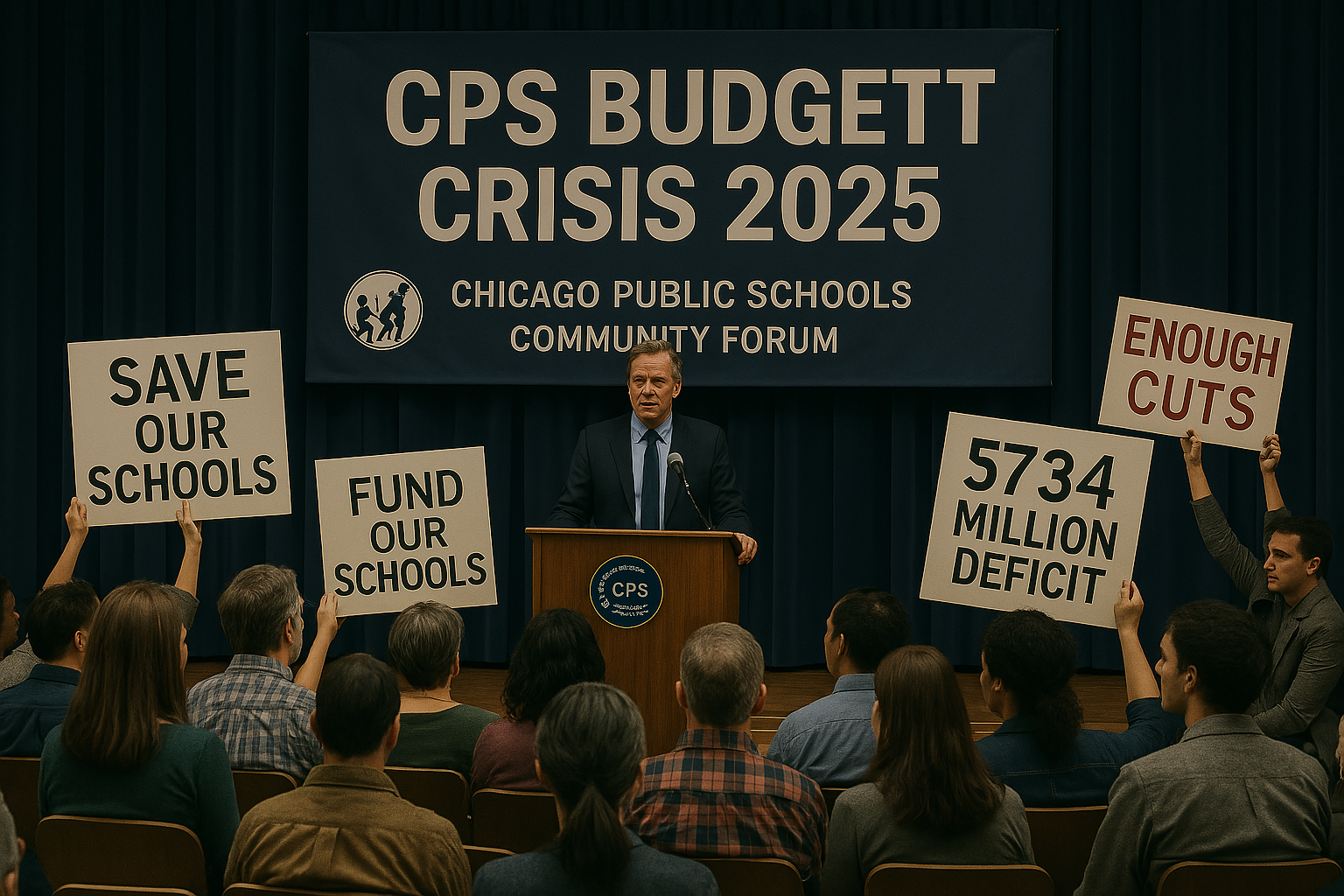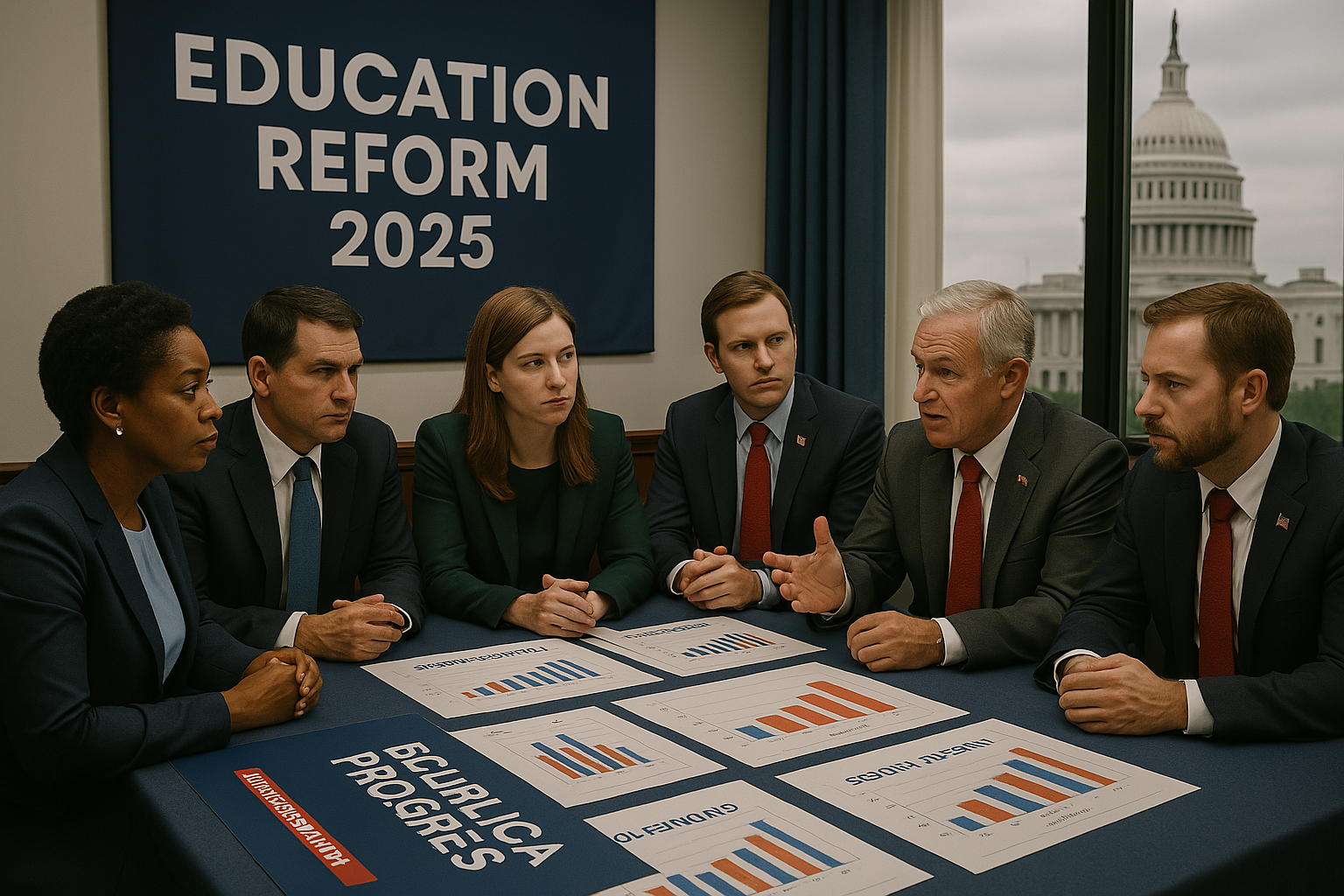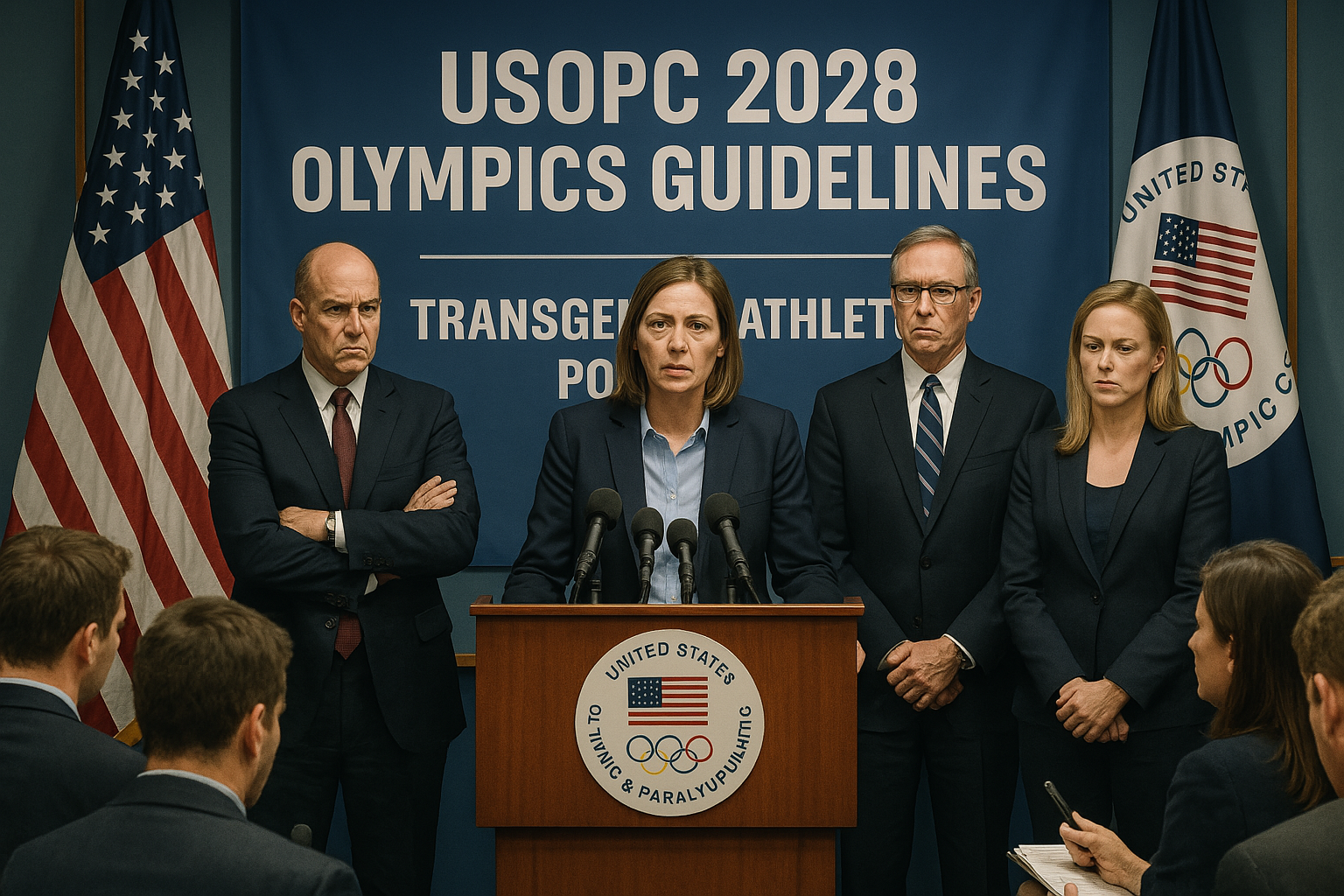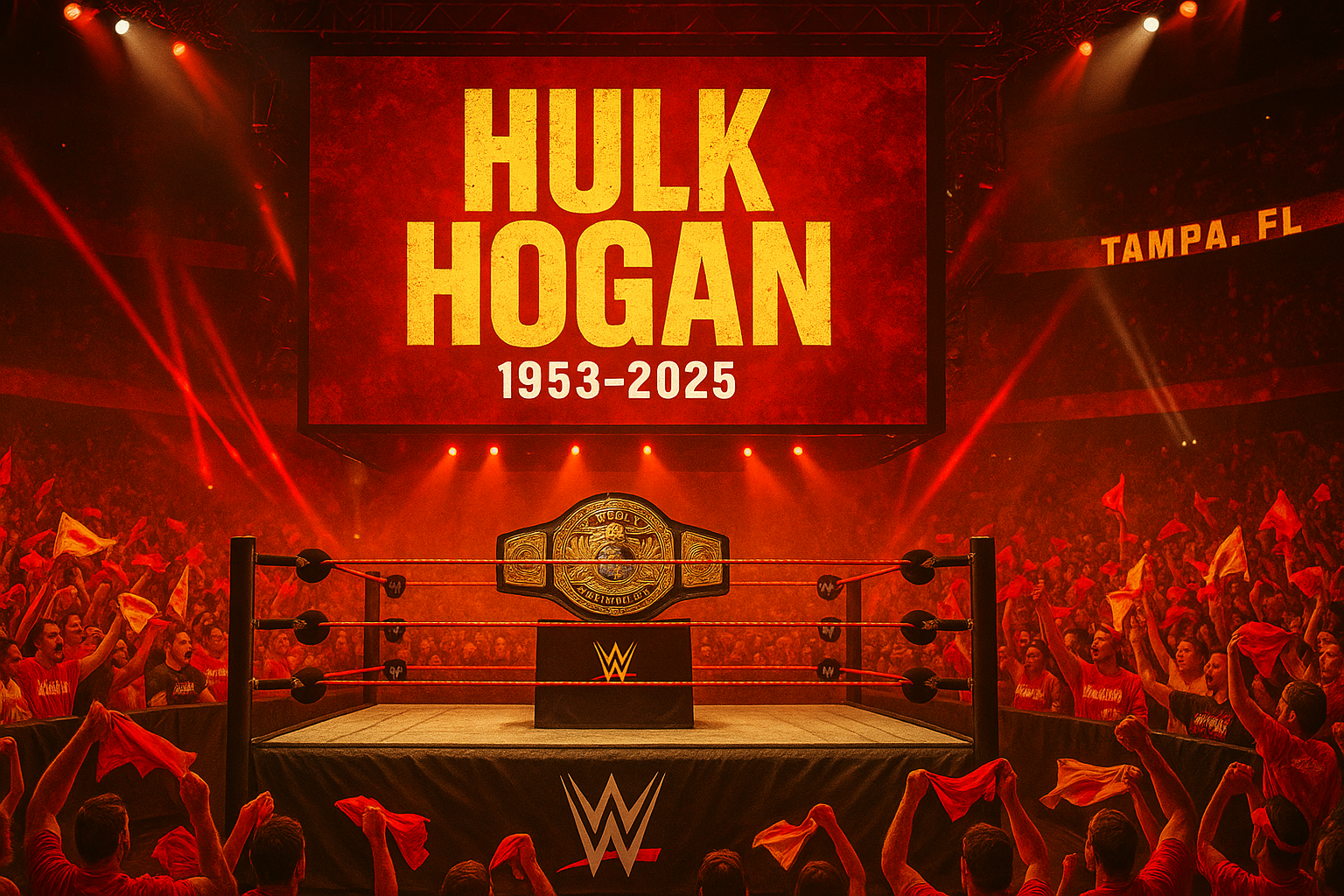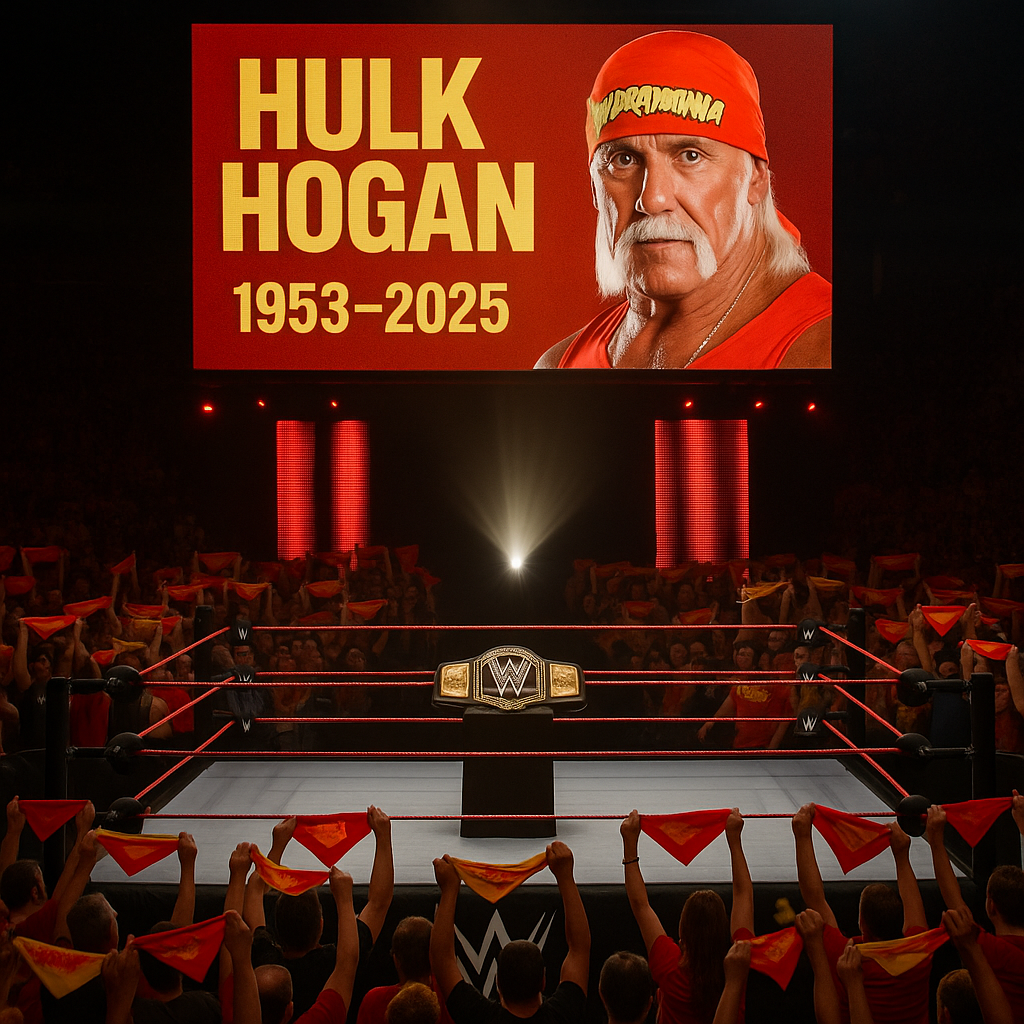WNBA Announces Indianapolis Expansion Team for 2027 Season
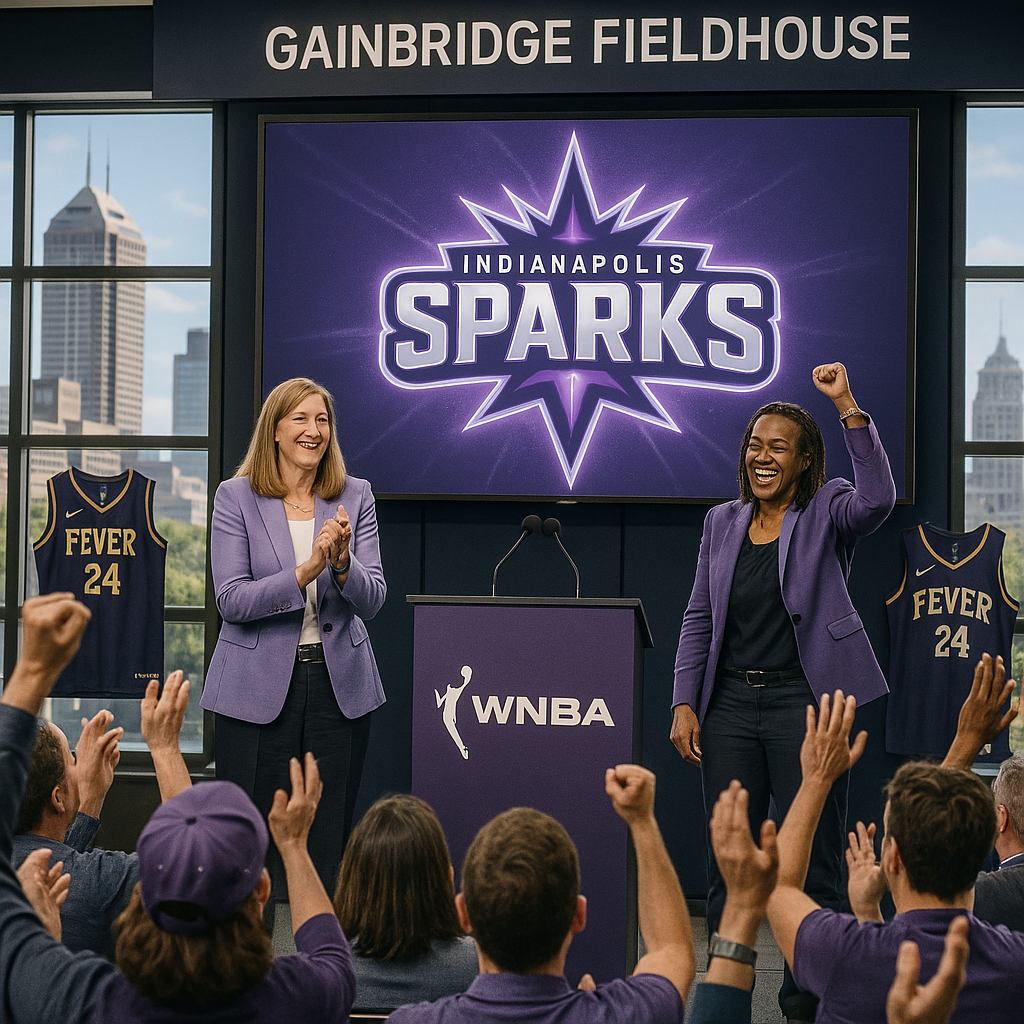
In a landmark move for women’s basketball, the WNBA announced on July 20, 2025, that Indianapolis will welcome a second franchise starting in the 2027 season, joining the Indiana Fever as the city’s newest professional sports team. The expansion, backed by a $100 million investment from a consortium led by local tech mogul Sarah Bennett, capitalizes on the Fever’s recent success and Indianapolis’s growing reputation as a sports hub. Unveiled at a press conference at Gainbridge Fieldhouse, the decision underscores the WNBA’s growth strategy and the city’s economic momentum, aligning with national trends in women’s sports and complementing recent business developments like Chicago’s airline merger and New York’s fintech boom.
Expansion Details
The new team, temporarily named the Indianapolis Sparks pending a fan-driven naming contest, will play at a renovated Bankers Life Arena, with a capacity of 18,000. The franchise, the WNBA’s 15th, follows the league’s 2024 expansion to Portland and aims to meet surging demand for women’s basketball, with viewership up 20% in 2025, per ESPN. Bennett, CEO of Indy-based tech firm Nexus Innovations, leads the ownership group, which includes former Fever star Tamika Catchings and Indianapolis Colts owner Jim Irsay. The team will share training facilities with the Fever, leveraging the city’s infrastructure, including a new $50 million practice center opening in 2026.
WNBA Commissioner Cathy Engelbert cited Indianapolis’s “passionate fanbase” and the Fever’s 2025 playoff run, led by Caitlin Clark’s record-breaking season, as key factors. The Sparks will draft players in a 2026 expansion draft, with analysts predicting a focus on young stars from the Big Ten, given Indiana’s college basketball legacy. The announcement, reported by Sports Illustrated, trended on X, with @IndySportsFan praising the move as “a win for the city,” gaining 12,000 views.
Context and Implications
The WNBA’s expansion reflects the skyrocketing popularity of women’s sports, with ticket sales up 15% league-wide in 2025, per Forbes. Indianapolis, home to the NCAA headquarters and the Indy 500, is capitalizing on its sports pedigree, especially after the Fever’s 2025 Eastern Conference Finals appearance. The city’s economic growth, driven by a burgeoning tech sector, parallels Chicago’s renewable energy push and California’s solar initiatives, making it an ideal candidate for expansion. The $100 million investment aligns with national trends, as seen in New York’s $1.2 billion fintech surge, where private capital fuels growth.
Economic pressures, including Trump’s tariffs raising equipment costs by 5%, per Reuters, have challenged sports franchises, but Indianapolis’s robust corporate base mitigates risks. The Sparks’ arrival could boost local revenue by $30 million annually, mirroring the economic impact of the Yankees’ recent MLB trade. The move also responds to calls for gender equity in sports, with the WNBA’s revenue sharing model ensuring players receive 50% of profits, a stark contrast to the NBA’s 48%.
Community and Fan Response
Indianapolis Mayor Joe Hogsett hailed the expansion as “a game-changer,” projecting 2,000 new jobs, from arena staff to marketing roles. Fever fans, packing Gainbridge Fieldhouse for the announcement, chanted “Indy! Indy!” while local businesses, like downtown’s Slippery Noodle Inn, anticipate a 10% revenue spike. On X, @WNBAFanatic celebrated the Sparks’ potential to rival the Fever, though some expressed concerns about market saturation, given the city’s 600,000 population. The National Urban League praised the inclusion of Catchings in the ownership group, noting that 20% of WNBA owners are now women of color, urging further diversity in front-office roles.
Community groups, including Indy’s Girls Inc., are partnering with the Sparks to launch youth basketball clinics, addressing access barriers where 30% of local kids lack sports opportunities, per a 2025 city report. The announcement also drew comparisons to global sports trends, like Vinicius Junior’s statue unveiling in Rio, highlighting how sports icons drive civic pride.
Challenges and Opportunities
The Sparks face challenges, including competition with the Fever for fans and sponsors in a mid-sized market. Arena renovations, costing $20 million, must be completed by 2027, with supply chain delays—exacerbated by tariffs—posing risks, per CNBC. Integrating a new team into the WNBA’s competitive landscape, where the Las Vegas Aces and New York Liberty dominate, will require strategic drafting and coaching hires. Opportunities abound, however, with Indianapolis’s college talent pipeline, including Purdue and Indiana University, offering a steady stream of prospects. AI-driven analytics, inspired by New York’s fintech innovations, could optimize player development, potentially boosting shooting efficiency by 10%, per SportsTech Journal.
Economic and Social Impact
The Sparks are projected to generate $150 million in economic activity by 2030, with tourism up 8% due to increased game-day visitors. Hotels near Gainbridge Fieldhouse report 90% occupancy for Fever games, a trend expected to grow. Socially, the team could empower young women, with 25% of Indy girls citing WNBA stars as role models, per a local survey. However, community leaders urge affordable ticket pricing—averaging $50—to avoid excluding low-income fans, a concern echoed in California’s housing initiatives. The Sparks’ community programs aim to mirror the Fever’s outreach, which reached 5,000 kids in 2024.
Future Outlook
The Sparks’ debut in 2027 will test Indianapolis’s capacity to support two WNBA teams, with analysts predicting a 10% attendance increase league-wide. The franchise plans to leverage digital platforms, like the WNBA’s new streaming app, to reach global audiences, potentially adding $5 million in revenue. The team’s success could inspire further expansion, with cities like Nashville eyeing bids, and set a precedent for women’s sports investment, much like Chicago’s airline merger reshapes transportation.
Conclusion
The WNBA’s expansion to Indianapolis marks a bold step for women’s basketball, cementing the city’s status as a sports capital. As the Sparks prepare for 2027, their impact on the economy, community, and gender equity in sports will resonate far beyond Indiana, shaping the future of the WNBA.

